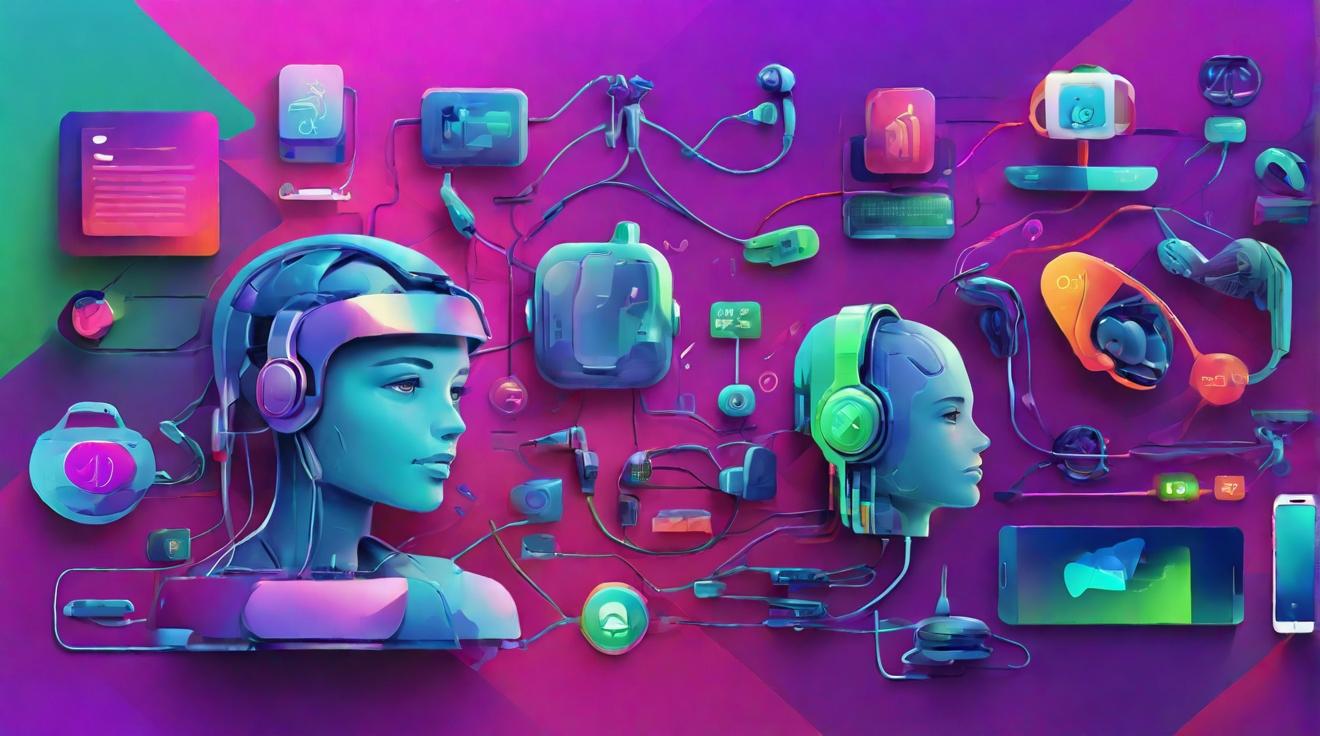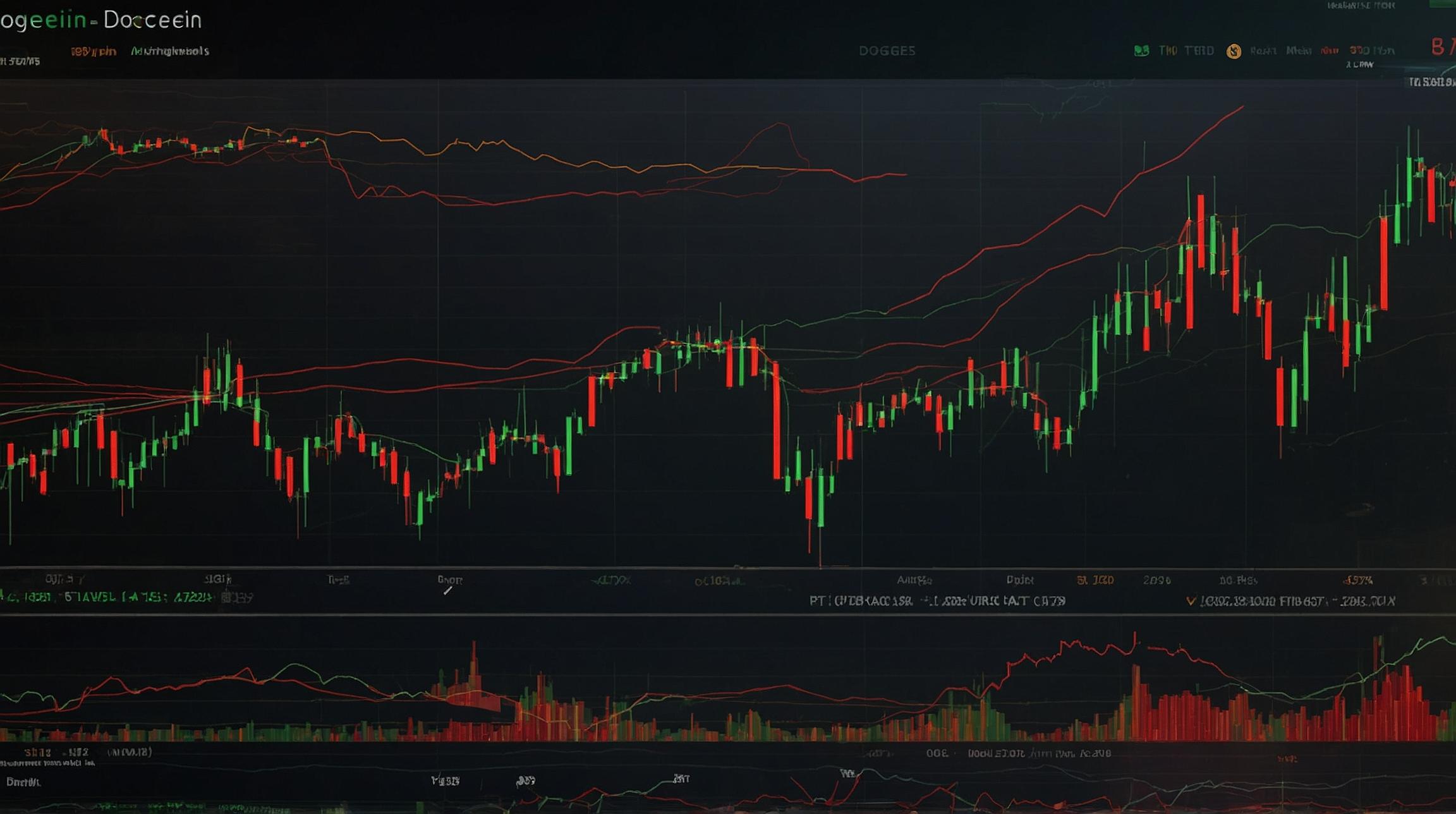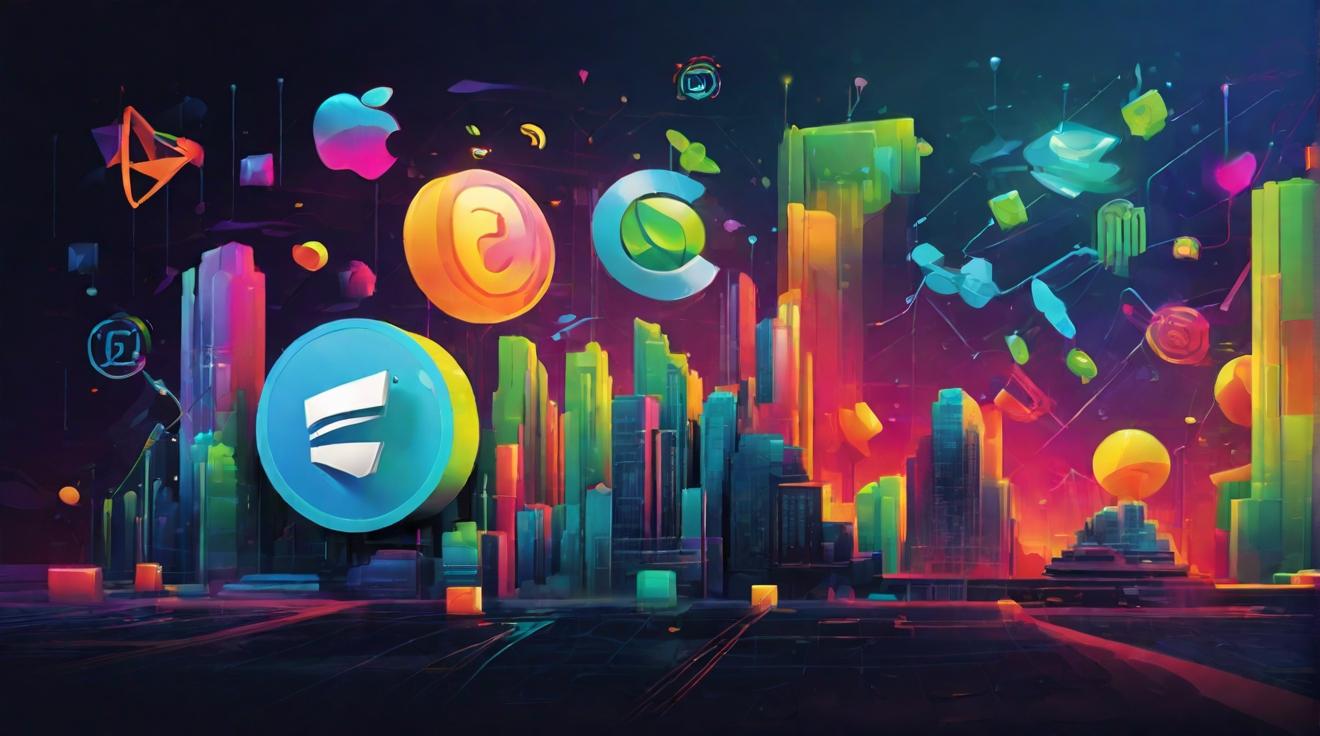The Rise of Play-to-Earn: Making Money in the Metaverse
The evolution of the internet into Web 3.0, also known as the ‘Metaverse’, is revolutionizing the way we interact and engage with the digital world. This new era is not just about virtual reality and immersive experiences, but also about economic opportunities. Users now have the opportunity to make money while playing video games through a concept known as Play-to-Earn (P2E). This concept is at the forefront of Web 3.0, where playful interactions, decentralization, and economic prospects merge to create a new digital reality.
Floki: The Doge-Powered Metaverse Experience
One of the pioneering projects in the Play-to-Earn space is Floki (FLOKI). Born out of the Doge meme coin frenzy in 2021, Floki aims to leverage the popularity of the meme coin and elevate it to new heights. Dubbed ‘The People’s Coin‘, FLOKI utilizes a Proof-of-Stake mechanism, which allows for faster transactions and reduced costs compared to Dogecoin.
Floki has unveiled four flagship utility projects, two of which focus on creating a metaverse ecosystem that fosters both entertainment and community empowerment. The first project is Valhalla, an NFT gaming metaverse where players can engage in battles set in a medieval Viking era. Through Valhalla, players can earn FLOKI tokens, which can then be used within the second project – an NFT marketplace that offers a variety of items for purchase, including assets to personalize your digital avatar. Floki’s aim is to create an immersive metaverse experience centered around the FLOKI token, allowing users to both have fun and earn cryptocurrencies.
Decentraland: Owning Virtual Real Estate in the Metaverse
Decentraland takes a slightly different approach to the Play-to-Earn concept by focusing on virtual real estate. Operating on the Proof-of-Stake mechanism and running on the Ethereum blockchain, Decentraland is a virtual reality platform that empowers users to create, profit from, and engage with diverse content.
Decentraland’s key feature lies in its ability to allow users to purchase virtual land plots using MANA, the token powering the Decentraland platform. Once acquired, these land plots can be developed and traded, providing users with an opportunity to own virtual real estate within the metaverse. In this way, Decentraland bridges the gap between the real-world economy and the metaverse, offering users a chance to monetize their virtual property.
Sponge V2: Empowering Users with Play-to-Earn Dynamics
Another player in the Play-to-Earn space is Sponge (SPONGE). Unlike Floki and Decentraland, Sponge V2 is an Ethereum-based coin that utilizes the Proof-of-Stake mechanism. Sponge V2 aims to leverage its Play-to-Earn potential by immersing gamers in the world of Bikini Bottom, the fictional underwater city from the popular animated series Spongebob Squarepants.
The game powered by Sponge V2 tokens allows players to race as Spongebob and friends, providing a Play-to-Earn ecosystem similar to Floki’s Valhalla. Sponge V2 dedicates over 51% of its token supply to staking and Play-to-Earn rewards, providing users with the opportunity to earn cryptocurrencies while enjoying their gaming experience. With a strong community and a growing social following, Sponge V2 aims to captivate a diverse audience seeking engaging Play-to-Earn experiences within the crypto space.
Going Beyond Memes: Sponge V2’s Role in the Metaverse Economy
While meme coins like Dogecoin and Pepe have gained popularity in the crypto space, Sponge V2 aims to position itself as more than just a meme coin. Recognizing the potential of the metaverse and the economic opportunities it brings, Sponge V2 envisions an avenue into this emerging digital space that can serve the interests of its community.
Sponge V2’s goal, as outlined in its Whitepaper, is to establish an interactive and engaging corner within the metaverse, offering economic opportunities that contrast with conventional, centralized spaces. By blending meme culture with crypto innovation, Sponge V2 aims to attract users with a more enjoyable and diverse Play-to-Earn experience. With its strong community participation and anticipation, Sponge V2 strives to be a frontrunner among meme coins in the metaverse economy.
In conclusion, the evolution of the internet into Web 3.0 or the ‘Metaverse’ is creating new opportunities for users to make money while playing video games. Projects like Floki, Decentraland, and Sponge V2 are at the forefront of this movement, offering Play-to-Earn experiences that allow users to earn cryptocurrencies in immersive and engaging virtual environments. As the concept of the metaverse continues to develop, it will be interesting to see how these projects and others shape the future of the internet and the economy within it.
Analyst comment
Positive news: The Rise of Play-to-Earn: Making Money in the Metaverse.
Short analysis: The market for Play-to-Earn experiences in the metaverse is expected to grow as more users seek opportunities to earn cryptocurrencies while engaging in immersive video game environments. Projects like Floki, Decentraland, and Sponge V2 are leading the way in offering these experiences and attracting a diverse audience. As the concept of the metaverse continues to evolve, these projects have the potential to shape the future of the internet and its economy.













